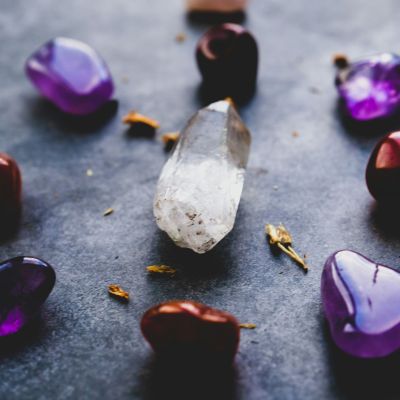Body Image
I have dealt with having a non-masculine body since the time I was a teenager. I have questioned my sexuality and how it interacted with my non-masculine body.
I always thought I’d get married in a white mekhla-sador, the paht soft and warming, so in cool weather please.
We carve strangers’ words onto our skin
like tattoos to be flaunted while hiding away
everything that we are from within.
It is evident that the workplace is not just a site for economic production but also a space where bodies are shaped, controlled, and violated.
Growing up, for me, has been about accepting that the loneliness and sadness woven into the fabric of my being do not go away with entering conventional arrangements like monogamous relationships or marriage.
The most satisfying spiritual and sexual experiences I’ve had were not in my twenties, thirties or even forties. They have been in my 50’s. The most insightful spiritual insights, and the most orgasmic orgasms have both arrived in middle age.
मां बनने के बाद से आत्म-देखभाल पर मेरे नज़रिये में बहुत बदलाव आया है। एक अभिभावक की भूमिका निभाते हुए और उसकी चुनौतियों का सामना करते हुए अपना ख़्याल कैसे रखा जा सकता है?
But self-care is not a clean and happy procedure, it is not definitively achievable when systematically explored. To understand the scope of self-care we need to see the ‘dark side’ of the landscape, and destroy the versions of self-care that denounce our plurality. In this fight, the only outcome can be a recognition of experiences beyond the wellness narrative structured around the neoliberal agenda. This article is an attempt at foregrounding some aspects of self-care that decentralise the prevalent commodification of it.
For women like me, there is an enormous lack of options in addition to the market that relegates us to a corner of ‘plus-size brands’
There are hundreds of mukbangers and flood vloggers in India, with individuals earning lakhs of rupees through just eating delicious, and sometimes weird, food. However, those mukbang creators who do not follow stereotypical ideas of gender, caste and class meet with differential treatment.
Our most powerful, sexy, responsive and attractive sexual organ may be the mind, but it is through the body that we express and experience our sexuality. Our body is our first and primary home; whether we truly feel at home in it is another matter.
The short-lived thinness had left me before I knew it. I became fat, and thereby undesirable, once again. A chasm appeared in my relationship with my body. Its ways of responding had become strange. My form became unfamiliar to me, and to those around me.
For the last seven years, I have been working on a body of work titled Hotel Rooms themed around fluid male sexuality, mental health, queerness, and challenging deep-rooted societal gender binaries.















